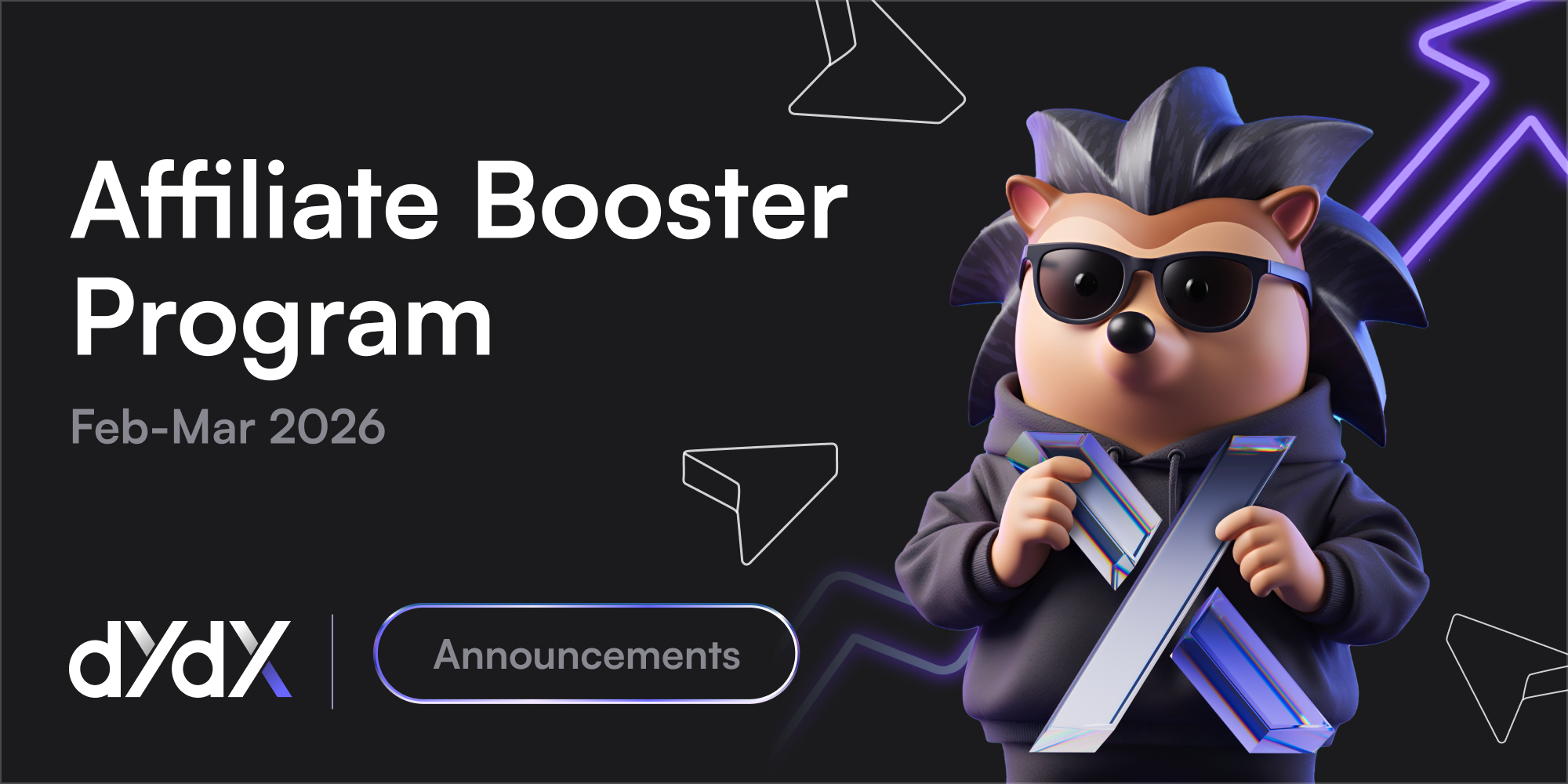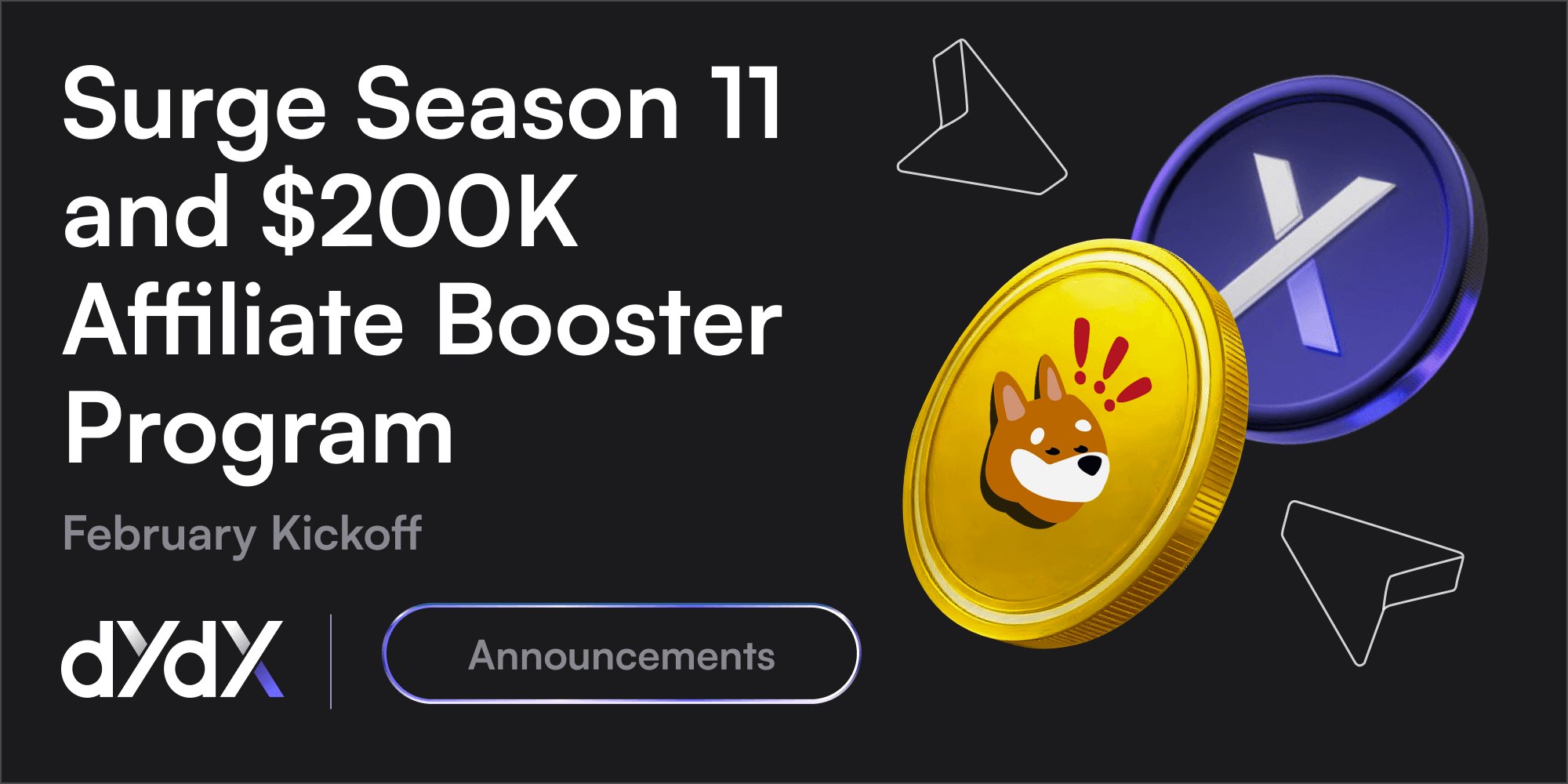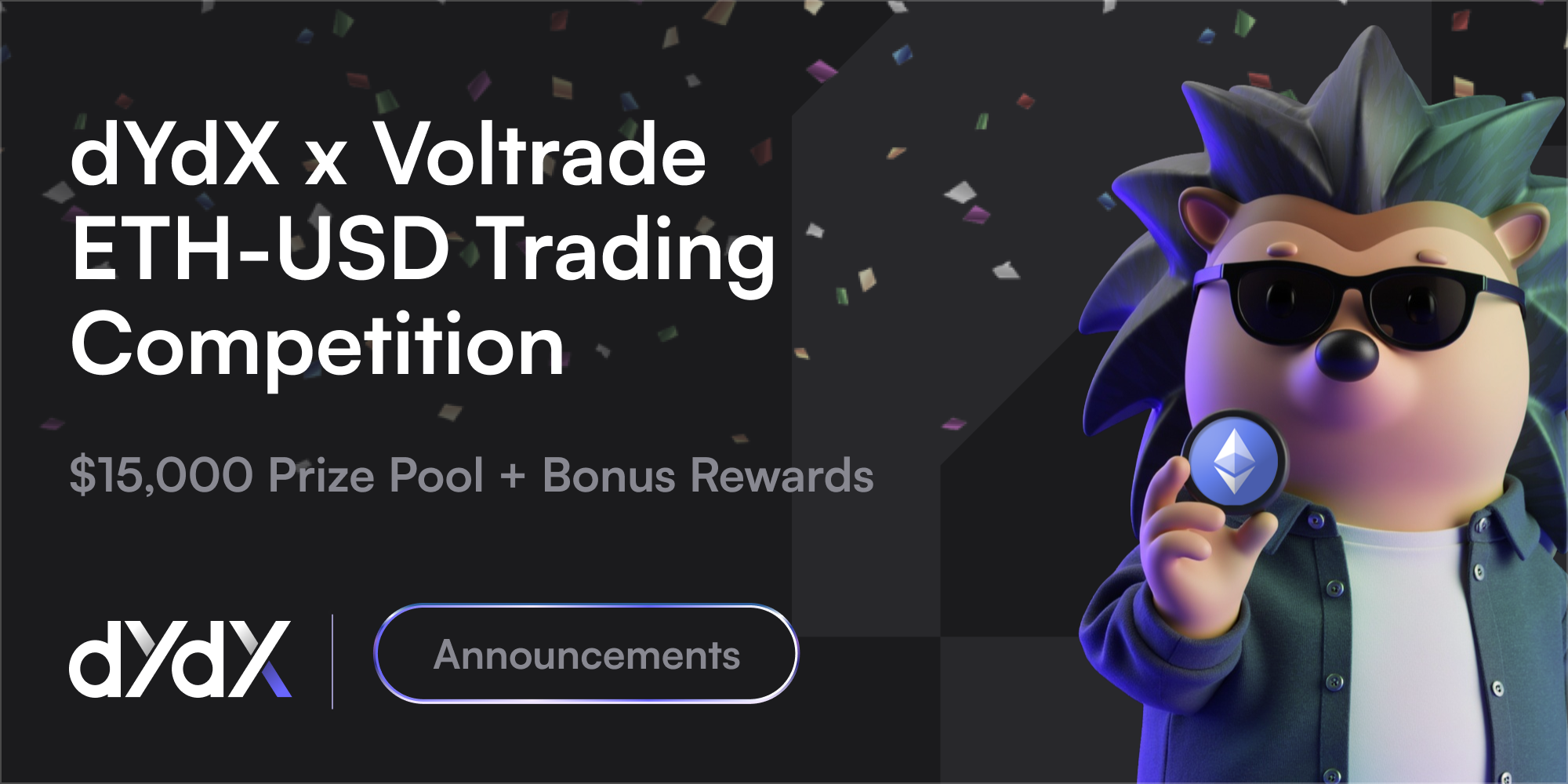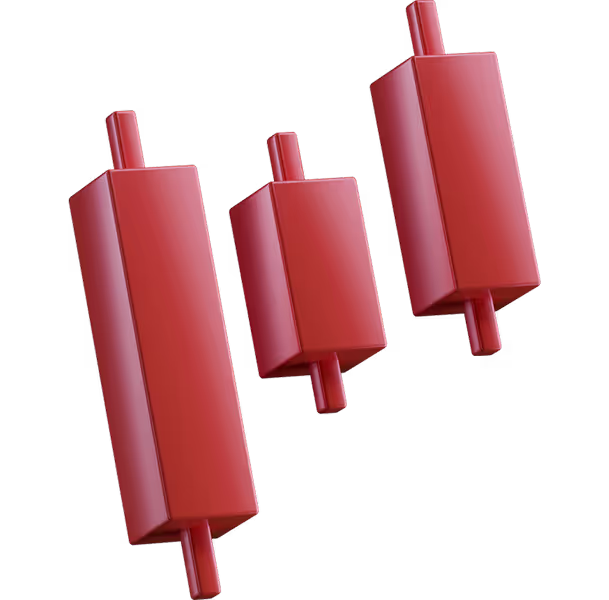dYdX Surge is a nine-month, $20M trading competition designed to reward deeper engagement with the dYdX ecosystem. Every season, millions of DYDX tokens are distributed to traders based on the points they earn, calculated from trading volume, market activities, and other participation factors.
Season 1 Payouts: Who Received What?
Surge Season 1 distributed 2.26 million DYDX (≈ $1.43M USD) to 2,806 traders. Here's a rough breakdown of the distribution:
- 627 traders received over $100
- 260 traders received over $500
- 155 traders received over $1,000
- 87 traders received over $2,000
- 57 traders received over $3,000
- 41 traders received over $5,000
- 23 traders received over $10,000
- 14 traders received over $20,000
- 4 traders received over $50,000
Surge Season 1 enabled both high-volume and newer traders to receive meaningful rewards through consistent trading activity on dYdX. A full list reward recipients for Season 1 can be found here.
Season 2 Is Underway
Surge Season 2 is now live with expanded features, improved anti-gaming filters, and market-specific boosts to further encourage meaningful activity.
Reward eligibility is based on the same point-earning mechanics, with refinements implemented based on community and data insights from Season 1.
Surge remains one of DeFi’s most ambitious incentive programs—designed by the community, for the community. Four new markets are now boosted, offering 2x points for trading activity:
- XRP
- SUI
- AIXBT
- KAITO
Monitoring Points and Rewards
Traders who have been active on dYdX have likely already earned points for Surge Season 2. There are several ways to find out how many Surge points have been earned:
- The live leaderboard
- The dYdX dashboard
- Discord Server Command: / lookup (Address)

How Does Surge Work?
The dYdX Surge Program is a nine-month, community-governed trading competition designed to reward meaningful participation on dYdX. Each month-long season runs as a standalone leaderboard event, with millions of DYDX tokens distributed based on trader activity.
Points are earned automatically through eligible activity, no sign-up or claiming required. Every taker trade contributes to a trader’s score, with bonus points awarded for using the web or mobile interfaces, staking DYDX, trading in “boosted” markets, or reactivating previously active wallets.
At the end of each season, rewards are distributed proportionally based on final leaderboard rankings. The entire process is transparent and managed by Chaos Labs, with a public leaderboard updating regularly.
In short: the more meaningful the activity, the more DYDX is received.
.svg)

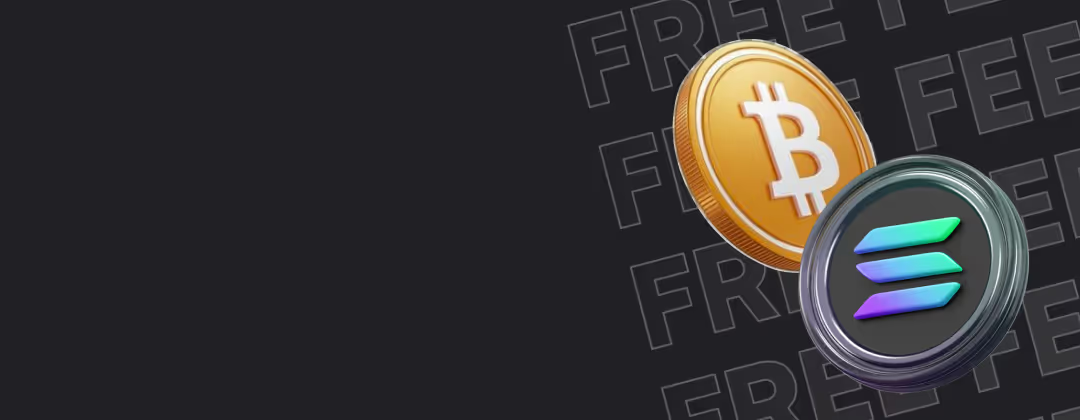

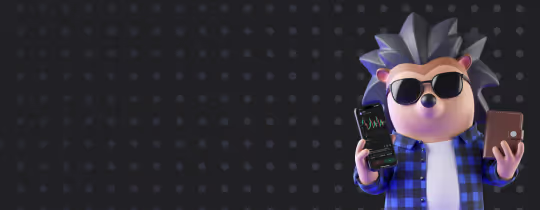



.svg)
.svg)



